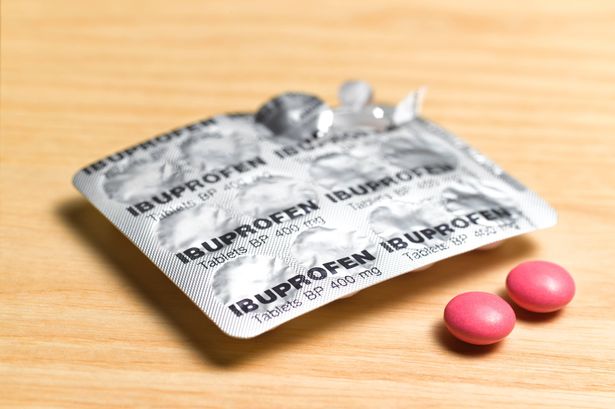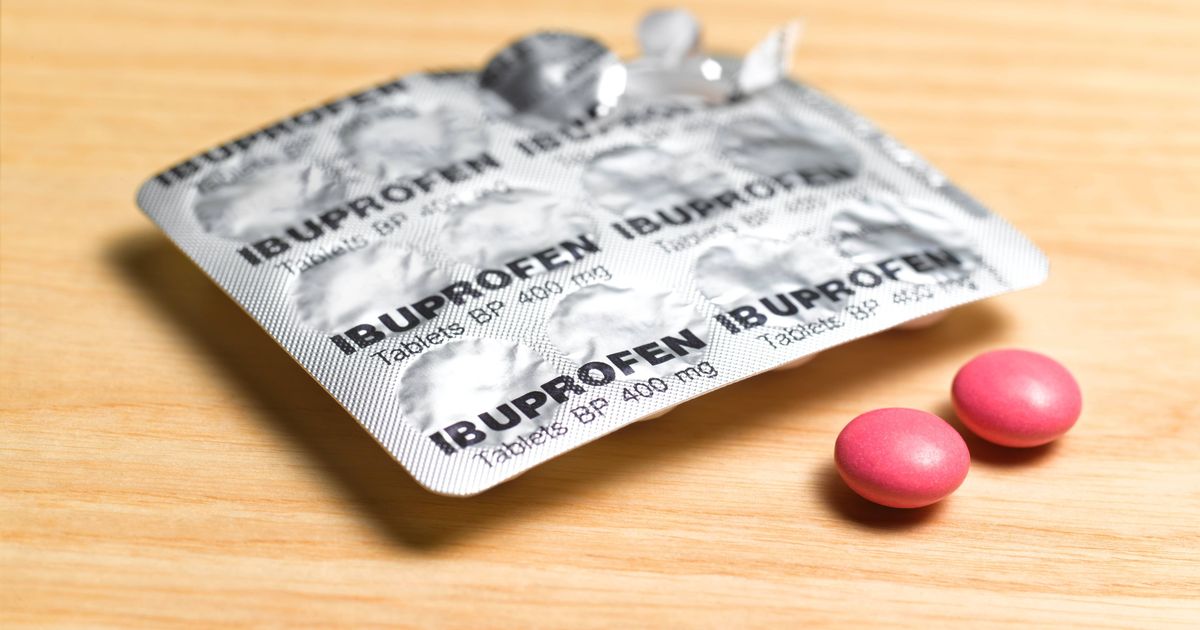And it’s not talking about alcohol Ibuprofen tablets(Image: Getty Images)
Ibuprofen tablets(Image: Getty Images)
A widely-used painkiller, ibuprofen, has an unexpected item that should never be consumed with it – and it’s not alcohol. This natural supplement could potentially trigger a serious issue when mixed with ibuprofen.
Ibuprofen is easily obtainable from most UK supermarkets and chemists without much difficulty, though stronger formulations may need a GP’s prescription. It works by decreasing hormones that cause aches and pains, offering relief for people suffering from various conditions including back pain, period pain, toothache, and symptoms of colds, flu or coronavirus (COVID-19), according to the NHS website.
Generally, people will consume three or four doses daily at maximum, either as tablets, capsules, or granules to be dissolved in water or liquid. How long ibuprofen remains active in your body varies depending on the milligrams per dose, with packaging invariably providing clear guidance.
The NHS website states: “Take ibuprofen tablets, capsules, granules or liquid with a meal or snack, or with a drink of milk. It will be less likely to upset your stomach. If you take it just after food, ibuprofen may take longer to start working.”
Should you be using ibuprofen for temporary discomfort such as toothache or period pain, you might only require it for a day or two. Nevertheless, if you suffer from a chronic health condition, you may need to use ibuprofen for an extended period, reports the Mirror, reports Chronicle Live.
Can ibuprofen be mixed with other medications and supplements?
It’s safe to mix ibuprofen with paracetamol or codeine – however, one should avoid taking ibuprofen alongside similar painkillers such as aspirin or naproxen without first consulting a pharmacist or doctor. Ibuprofen, aspirin and naproxen all belong to the same family of medicines known as non-steroidal anti-inflammatory drugs (NSAIDs).
 Get breaking news in Yorkshire straight to your phone
Get breaking news in Yorkshire straight to your phone
Get all the latest big and breaking Yorkshire news straight to your mobile via WhatsApp by clicking here.
If you don’t like our community, you can leave any time. We also treat members to special offers, promotions, and adverts from us and our partners. Read our privacy notice here.
Taking them together may increase your risk of experiencing side effects like stomach discomfort.
The NHS has confirmed that individuals can continue their normal eating and drinking habits while taking any form of ibuprofen, though it warns that excessive alcohol consumption could irritate your stomach. One caution was highlighted that could be relevant to those using certain supplements.
The website states: “It’s best not to take gingko biloba with ibuprofen as it can increase the chance of bleeding. There’s not enough information to say that other herbal remedies and supplements are safe to take with ibuprofen. They’re not tested in the same way as pharmacy and prescription medicines.”
Side effects of taking ibuprofen
Several common side effects can occur from using the pain relief medication, with approximately one in 100 individuals experiencing some of these symptoms. The NHS reports people might notice:.
There are some more serious, albeit rare, side effects associated with taking ibuprofen. If you observe any of these, immediately contact a doctor or dial 111 and cease taking ibuprofen: In rare cases, a severe allergic reaction (anaphylaxis) to ibuprofen can occur.
Get all the latest and breaking news in Yorkshire by signing up to our newsletter here.
